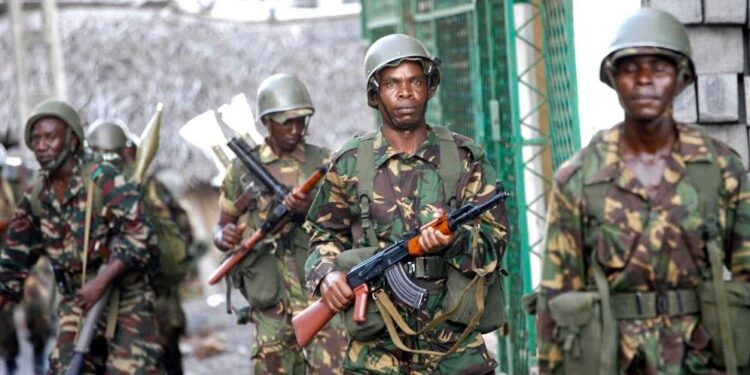By Enyichukwu Enemanna
United Nations on Friday announced that it will send at least 60 Tanzanian peacekeepers back to their country from the Central African Republic (CAR), over allegations bordering on serious sexual exploitation and abuse.
Stéphane Dujarric, the spokesperson for the UN Secretary-General, Antonio Guterres, who spoke from New York said a preliminary investigation identified 4 victims but did not give the date of the alleged crime.
“The identified victims are being provided with care and support by the Mission’s humanitarian partners. The Mission has also deployed a team to further engage with the community,” Dujarric said.
“The Tanzanian authorities have been formally notified and have deployed national investigation officers to the Central African Republic”.
Credible evidence was found against 11 members of the unit formerly based in the western part of the Central African Republic.
“The unit has been relocated to another base while the investigation continues, and members of the unit are confined to barracks, this is in order to protect victims as well of course as the integrity of the investigation”, Dujarric revealed.
“The unit will be repatriated once their presence is no longer required in theatre by the investigators….”
Dujarric explained that “by the Secretariat to repatriate this unit” was in accordance with resolution 2272 of the Security Council “where the Council ‘endorses the decision of the Secretary-General to repatriate a particular military unit or formed police unit of a contingent when there is credible evidence of widespread or systemic sexual exploitation and abuse by that unit’.”
The United Nations recorded on its website that since 2015, 254 accusations of sexual exploitation and abuse targeting members of its Multidimensional Integrated Stabilization Mission in the Central African Republic or MINUSCA.
Guterres announced early in his tenure A policy of ‘zero tolerance’ towards sexual abuse by UN personnel, calling on Member States to sign a voluntary compact on preventing and addressing the scourge, in 2017.






































